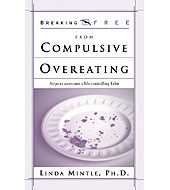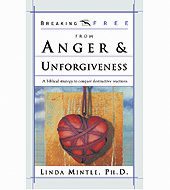 “Hi. I am John and I am a food addict.”
“Hi. I am John and I am a food addict.”
Somewhere in a 12-step group called Food Addicts in Recovery, John is working his steps and kicking what he believes is an addiction to food. But is food addiction a real addiction?
Tonight, I am presenting recent research on the topic of food addiction during a live FREE webinar for the American Association of Christian Counselors (Here is the link, live 6-8:00p.m. ET).
The scientific community is currently debating whether food is a real addiction. More studies are needed but the idea that people can be addicted to food is gaining ground. Because of neuroscience, we can see into the brain and recognize the neural pathways similar in food addition to other types of addiction. Food and drug addictions both disrupt parts of the brain involved in pleasure and self-control. And addictive-like eating behavior and substance dependence share similar patterns of neural activation that we see on functional magnetic resonance imaging.
That said, food addiction is NOT a mental illness, nor is it a category in the diagnostic and statistical manual of mental illness that lists substance abuse as an addiction. However, it is possible that there are subsets of people capable of abusing food as a substance. For a certain group of people who struggle with overeating, this classification may make some sense even though the jury is still out. Food addiction could be one contributor to obesity.
Food addiction advocates see early warning signs as obsession with food, eating to relieve worry and stress, eating until so full that one feels sick, feeling anxious while eating, overeating because food is available, eating fast to eat more, eating everything on the plate despite feeling full, guilt with eating, secretive eating, food bingeing after dieting and avoiding food.
Obviously, an abstinence approach with food is not possible. We all have to eat multiple times a day. So treatment programs based on 12-step models are available as well as other treatments.
I’m following this evolving field of research, but not sure if I believe that food is in the same category as cocaine or other drugs. Certainly, treatment is needed to stop food obsession and compulsive eating regardless of how you think about food addiction.
I’ll keep you posted.
What are your opinions about food addiction?


